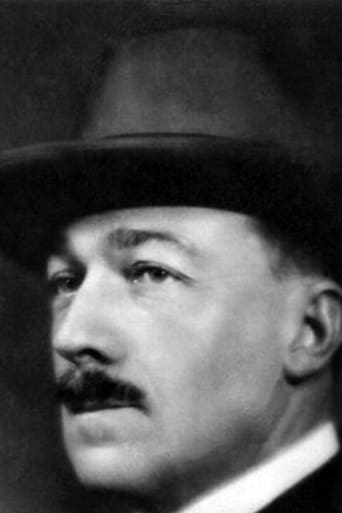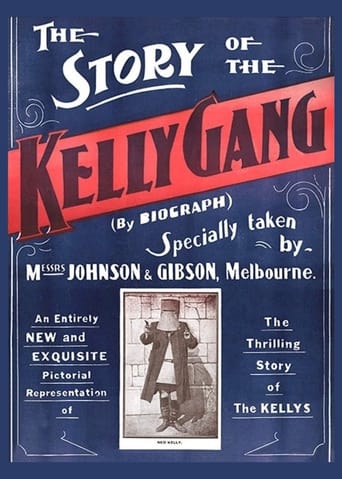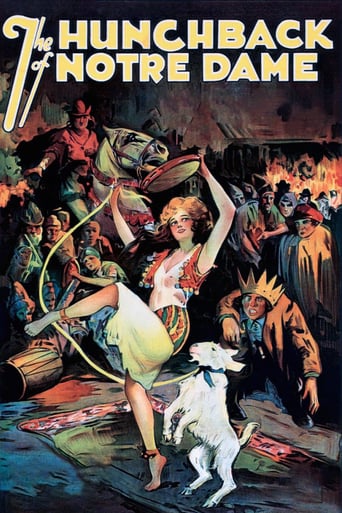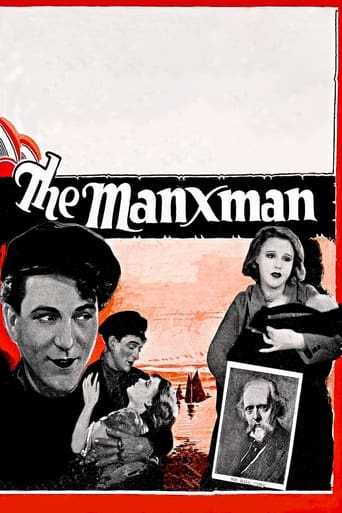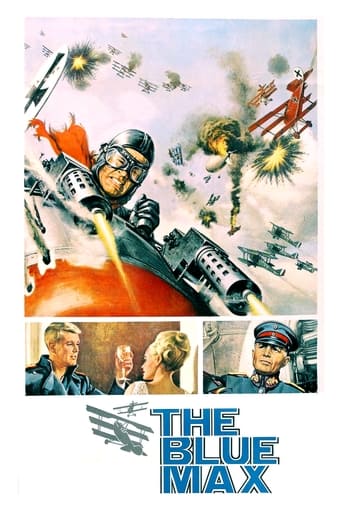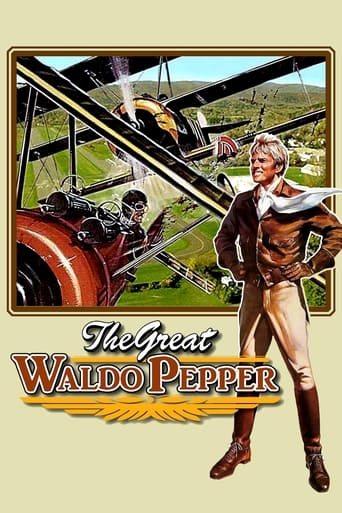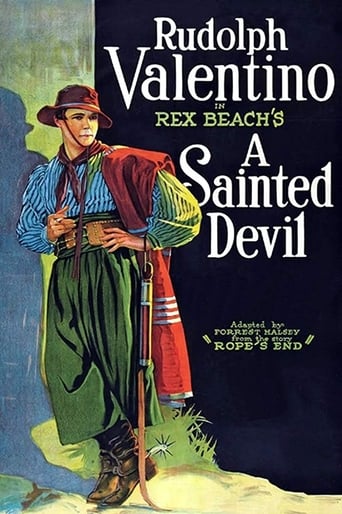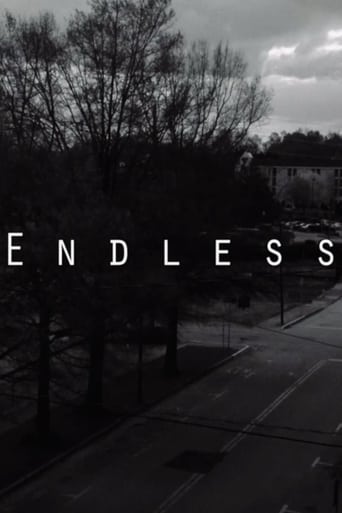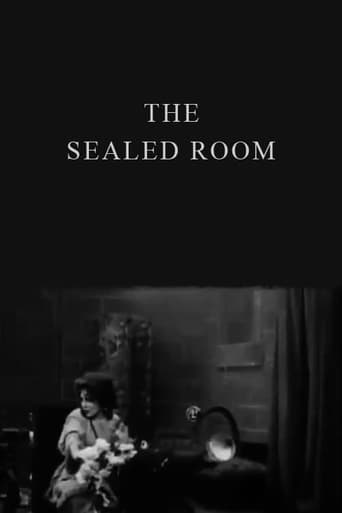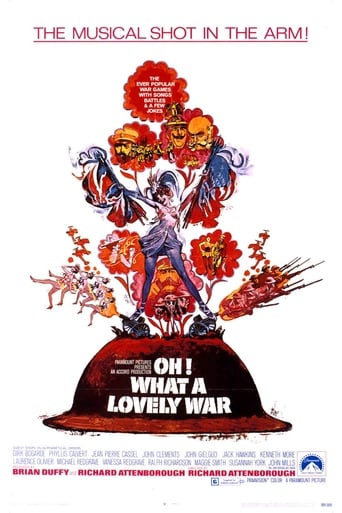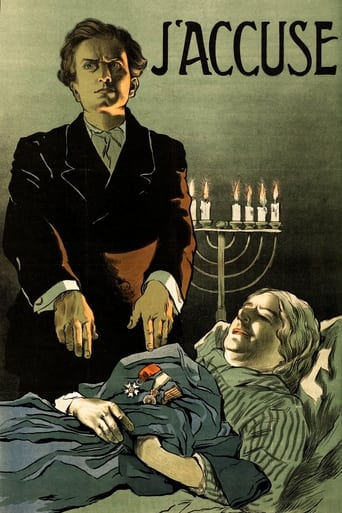
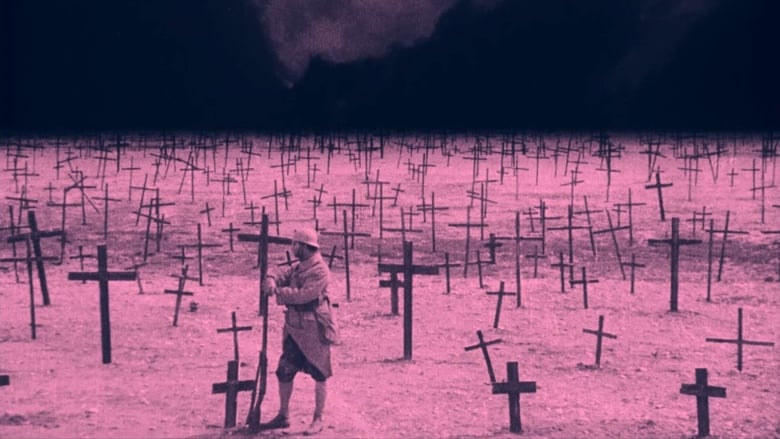
J'accuse (1921)
The story of two men, one married, the other the lover of the other's wife, who meet in the trenches of the First World War, and how their tale becomes a microcosm for the horrors of war.
Watch Trailer
Cast


Similar titles
Reviews
Thanks for the memories!
If the ambition is to provide two hours of instantly forgettable, popcorn-munching escapism, it succeeds.
This is a coming of age storyline that you've seen in one form or another for decades. It takes a truly unique voice to make yet another one worth watching.
Blistering performances.
The 2006 restoration of this amazing 1919 film presents one of the very best opportunities to learn about the period from watching a contemporaneous film. Aesthetically, it stands on its own merit as a completely engaging and emotional piece, which on the whole deserves a much wider audience. The restoration drops whatever there was of a phony happy ending in the 1922 re-release, and adds an excellent score by Robert Israel. Israel scores are a quick tip that a silent film has been given a sensitive and elegant restoration that will be very palatable to modern tastes.The story is a complex family/romantic melodrama built around a poet in love with a woman trapped in a bad marriage to a violent man. With the war, the two men become comrades in arms, and complications ensue. (I really dislike reviews that go on and on telling the film's story. If someone is going to watch the movie, it is up to the director to tell the story in his own style and at his own pace.) I believe the film is mischaracterized as an anti-war film. No one is really for war, so a realistic film like this by a veteran and using real footage will include a lot of pathos that will serve the purpose of an anti-war message. But everyone is anti-war, the difference between a pro-war and and an anti-war film is that a pro-war film blames the war on the enemy and creates situations for nobility based on service of the just cause. An anti-war film turns the proponents of war into greedy liars, emphasizes the humanity of the enemy, and creates situations for nobility based on refusal to participate in the war. So defined, this piece (like The Four Horseman of the Apocalypse - 1921) is a pro-war film.
With this movie full of stunning imagery and stylish technique Abel Gance proved that he need take a back seat to no one when it came to mastery of the medium, in other words he forms a triumvirate with Sergei Eisenstein and David Wark Griffith, a triumvirate in which all are equal. The First World War was barely cold in its grave when Gance shot J'Accuse - a motif that recurs throughout from the visually stunning message spelled out by infantry at the outset to the child being taught to write it on a blackboard - yet remarkably what should now seem 'dated' is still potent - seventeen years later Irwin Shaw (who may or may not have seen or been aware of J'Accuse) utilised the concept of the dead protesting at the way in which their lives were squandered in his powerful One-Act play 'Bury The Dead' - and aspects of it were re-worked by others. Like most fine social documents it employs a 'normal' story - in this case our old friend the Eternal Triangle - as a way in to the exploration of political inadequacies and its message still resonates some 87 years later. A Masterpiece.
In connection with the showing at this German Count's private cinema of the film "Mater Dolorosa" (1917) by Herr Gance some months ago, this Teutonic aristocrat had praised and even eulogized the good film work of this important and essential French film director. "Mater Dolorosa", with its superb cinematographic technique, was a great definitive leap forward in Herr Gance's career."J'Accuse!" confirms aristocratic suspicions about Herr Gance's ability. Because it's without any doubt another great film in which those pioneer cinematographic techniques mentioned before are carried out. Again an excellent example of technical experimentation to achieve a film narrative, J'Accuse is superbly developed achieving an unquestionable masterpiece."J'Accuse!", besides it's perfect technique, is an emotive antiwar message filmed during the I World War great disaster and with wounds still open. It's a film that denounces the absurdity of war, its uselessness and the terrible consequences that society suffers. It demands the viewer to take note of the great sacrifices and injustices of many broken lives that never will be the same through the fault of the war.And now, if you'll allow me, I must temporarily take my leave because this German Count when mentioning those old wars plenty of lost battles, is slightly Teutonic.
The only attempt to make a peace film during the war was in France, by the great Abel Gance... 'J'accuse' is almost as large in scope as 'Intolerance'. The director said that: 'It was intended to show that if war did not serve some purpose, then it was a terrible waste. If it had to be waged, then a man's death must achieve something.' "J'accuse" is a triangle story of Edith (Marise Dauvray), her husband François Laurin (Severin-Mars) and Jean Diaz (Romould Joube), a poet who is in love with Edith... The three, however, are puppets in the hands of war...Edith is taken captive and returns with a child... François and Jean... Well you have to see the film! All this now seems excessively melodramatic and not entirely impartial, but visually "J'accuse" is an extremely powerful film and it certainly had an impact on contemporary audiences...The film was remade by Abel Gance in 1937 in an attempt to warn against the impending World War II...




